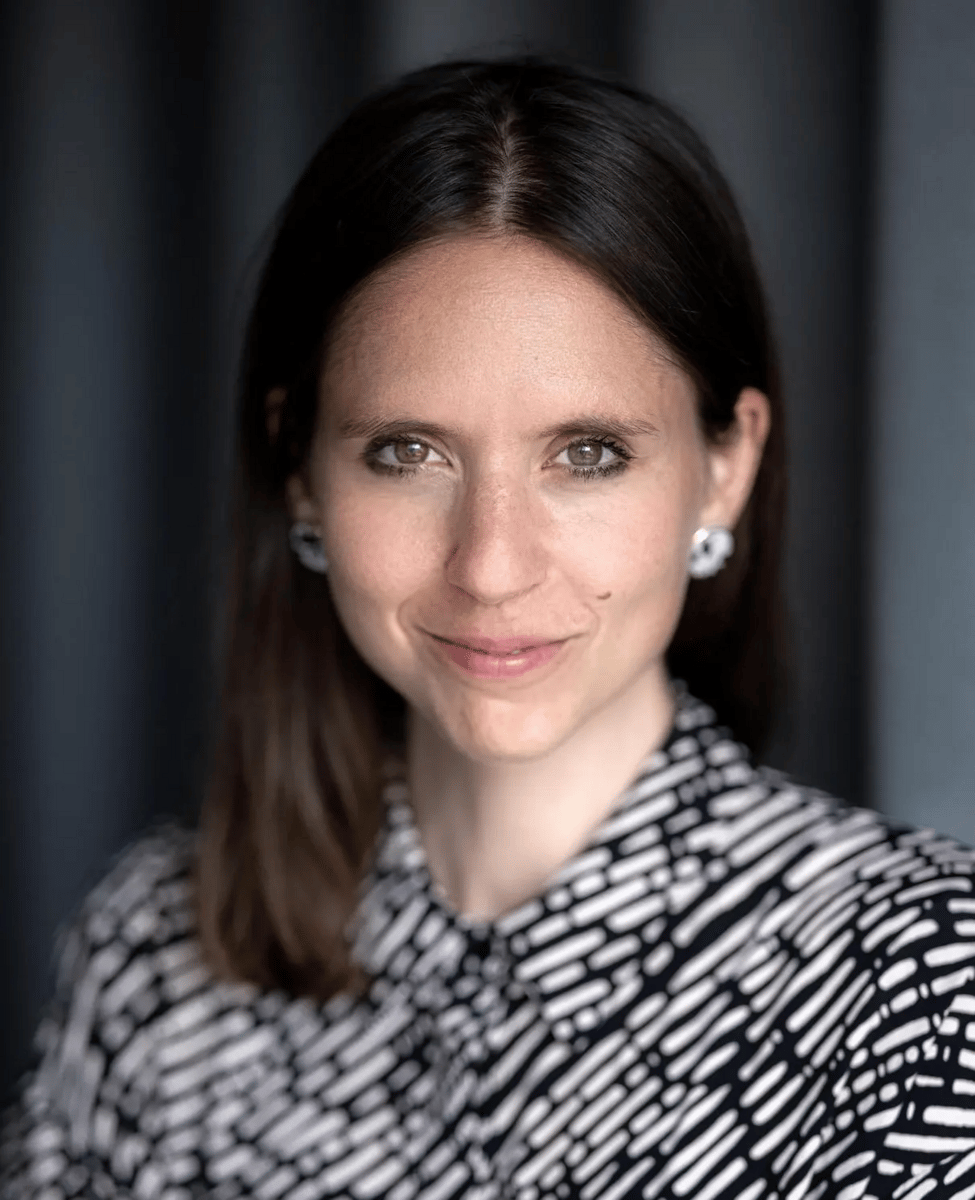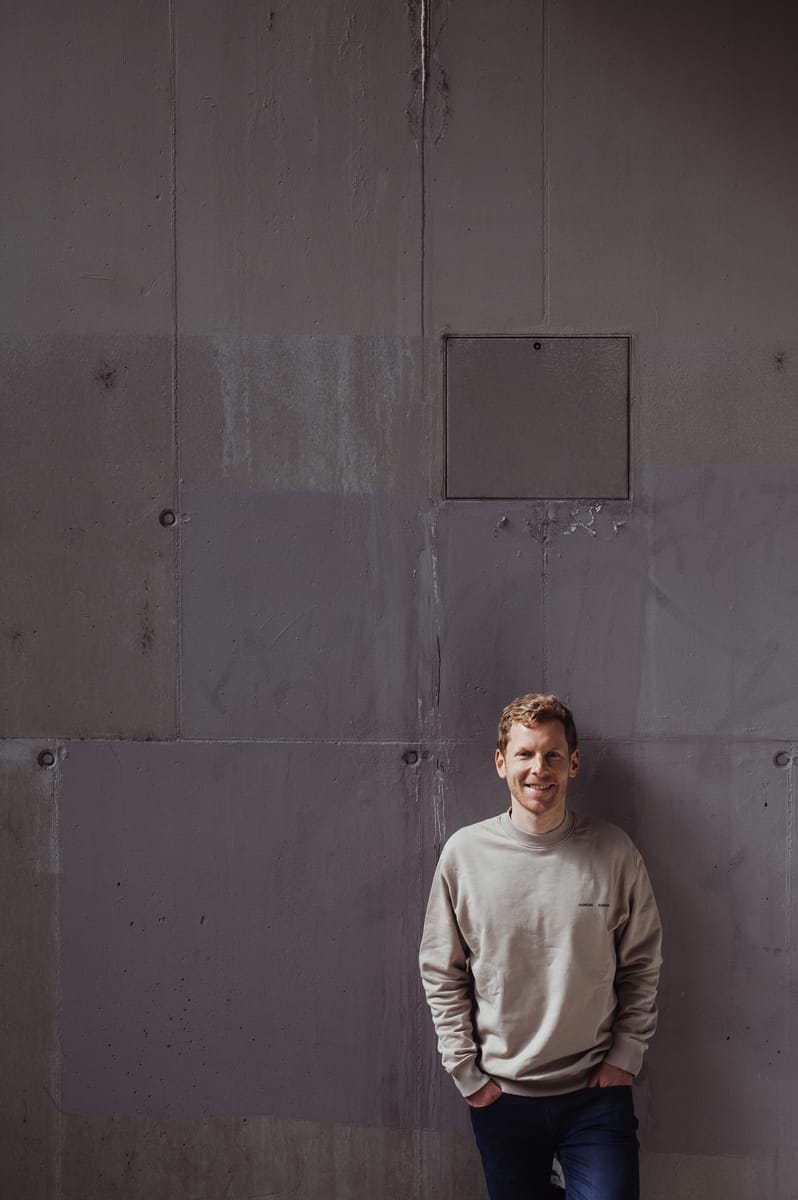Dear hustlers, founders, operators and visionaries,
Brand awareness is often the elephant in the room of Growth teams: you know you need it, yet you do not know how to measure the impact of your activities. Spend too much on it and your CEO will crush you, spend too less and you miss out on building a base for the future.
Our guest this week knows this firsthand. We sat down with Roger Dudler, Founder and CEO of Frontify. As a long-term companion of the brand management of the largest companies across the globe, he’s seen how a strong brand lowers acquisition costs. He also shared his story on how he built his team and culture - and why a culture-driven hiring process prevents costly mistakes. Exclusively for our newsletter subscribers, Roger has shared additional insights below.
🎧 Tune in now on Spotify, Apple, or wherever you listen to podcasts. In the meantime: Follow the Gradient and stay tuned!
PS: Has this e-mail been forwarded to you? Sign up here.
How to build a brand and culture that lasts
What you will get out of this episode
In our conversation, Roger shares:
How brand awareness can drastically impact marketing costs
Why involving employees in VC selection strengthens company culture
The hidden risks of hiring too fast—and how to avoid them
A simple mindset shift for making tough decisions with confidence
Why passion outside of work is a key trait for top hires
and much more!
Our main take away’s
Brand awareness saves money in the long run. When talking to Roger, Melanie recalled how being well-known in Switzerland made marketing cheaper. In new markets, the same ads cost 3x more because people needed more touchpoints before trusting the brand.
Letting employees have a say in VC selection builds trust. Roger made investors pitch to the team, ensuring cultural alignment. Employees spotted subtle red flags—like disrespect within VC teams—that leadership might have missed.
Compromising on hiring quality always backfires. Roger’s team once loosened their strict hiring process to scale faster. The result? More mistakes, lower cultural fit, and costly corrections later. Now, every hire needs unanimous approval.
Most decisions don’t fail because they were wrong—they fail because you didn’t commit. If you’re stuck between two choices, both are probably fine. The key is taking full ownership of your decision and putting in the effort to make it the right one.
Additional material
The long and the short of it - by Les Binet and Peter Field

Balancing Short and Long-Term Marketing Strategies
Roger told us on the pod that he is going to launch a series of videos about the world of brands - well he just did. Check it out and leave some love.
How to reach out to Roger
Exclusive from Roger
What are ways to track branding success for early stage startups?
Brand success tracking is hard, especially in the beginning. Since brand success is a lot about awareness, best practice to measure awareness would be brand surveys measuring aided and unaided brand awareness in a given region and a given target audience. Currently, such reports are expensive and therefore not very suited for the early stage. I’d start understanding the perception of your brand for an audience which knows you already first. So, ask them about how they see you, which characteristics they see in you, do the same internally. Then you would assess the differences between your internal view and external view and get them as close as possible over time. After that, focus on more reach and awareness with marketing activities.
What are low hanging fruits in branding that startups can do?
Be you. And understand why you are different. Once you’ve understood who you are and how you are different, you have the foundation to talk about those and embracing those in every single touchpoint you have. Adapt your hiring process to reflect your identity from day 1. Assess your sales demos, customer calls, etc. to reflect your identity as well. Can you do something unusual which makes your uniqueness shine through? Celebrate what makes you - you.
What is success for you?
When you build something that people truly care about and are willing to pay money for the value it provides to them. Sounds basic, but oftentimes you see folks, especially in early stages, trick themselves into thinking something provides value, but don’t go out to customers and ask them, and also ask them to pay something for it. Ideally recurring, because this is a much bigger decision than a one-off pilot.
What books, podcasts, articles inspired you?
I recently listened to a podcast about the soundtrack of Severance with its music composer Theodore Shapiro. It’s just a little bit of music during the series, but you can see the unbelievable amount of thoughts that went into it, how he got the job through his relationship with Ben Stiller and how he discover what eventually became this iconic soundtrack everyone loves. Craft at its best.
What are habits, activities or rituals that keep you sane (while scaling your business)?
I’m only working 80% and I’m very strict about not working on evenings and weekends.The day off helps me to unload some of my creative energy I cannot use anymore in my role as a CEO that much. Also knowing that my son and my wife don’t really care about me running a sizeable scale-up but me as a person helps tremendously to balance.
What’s one advice, founders should actually ignore?
Don’t believe it’s needed to wake up in the morning at 5am to workout and then read 10 books and work 16 hours a day. It won’t help building a better business, but sure will help you to burn out and have no time for the people you love.
What is one “growth hack” that has a positive impact on you or the company?
Becoming a dad. The best leadership lesson you can have.

Follow the Gradient is a weekly newsletter and podcast by the serial founders Melanie Gabriel & Christian Woese about how to build a business in Europe while staying sane.










